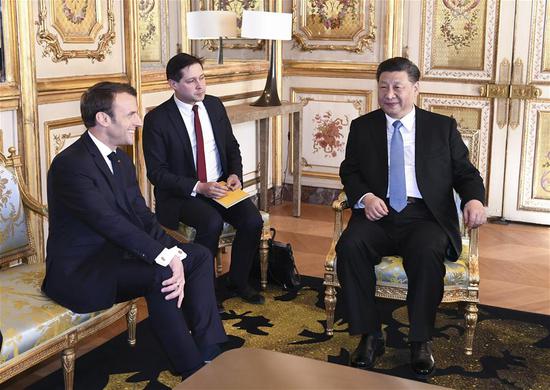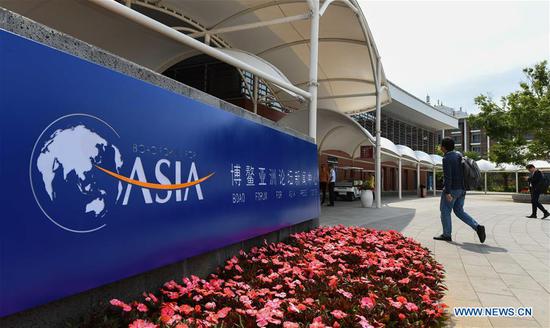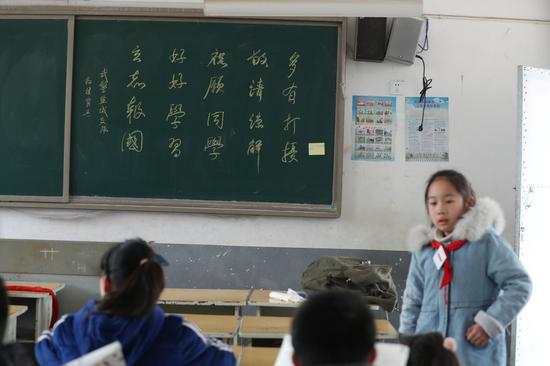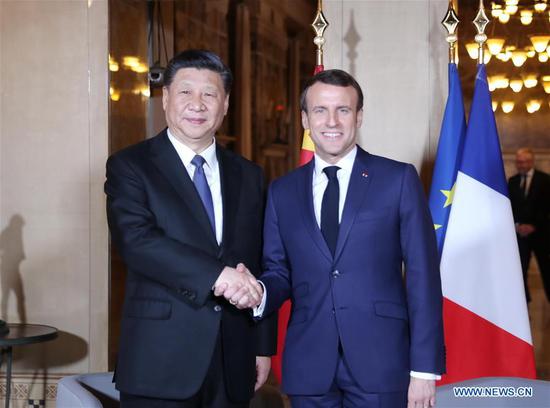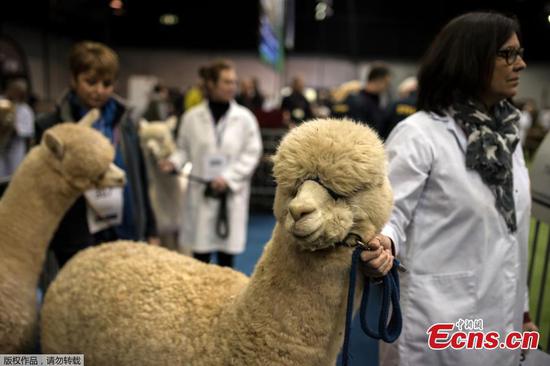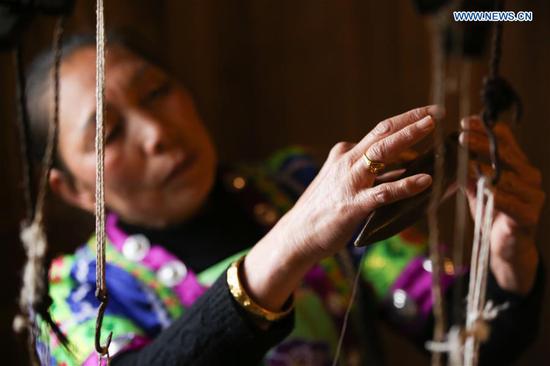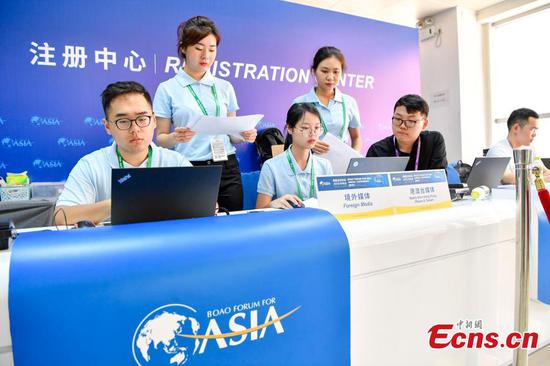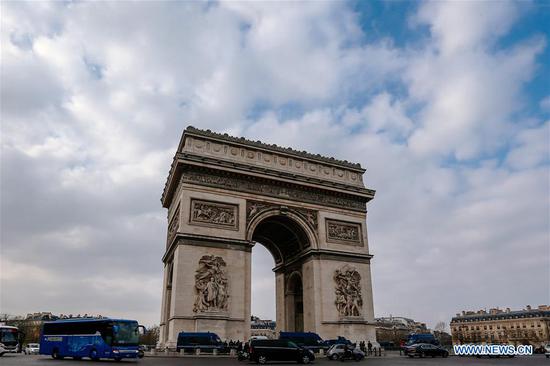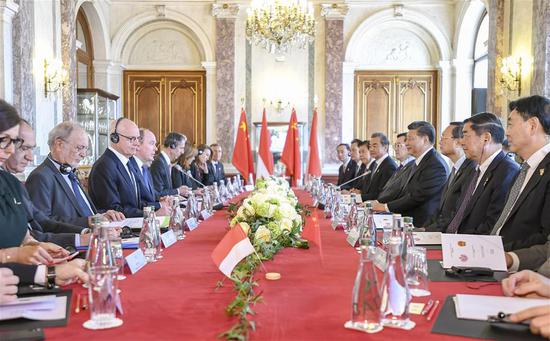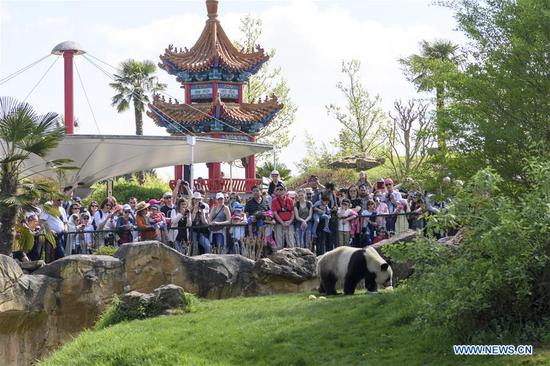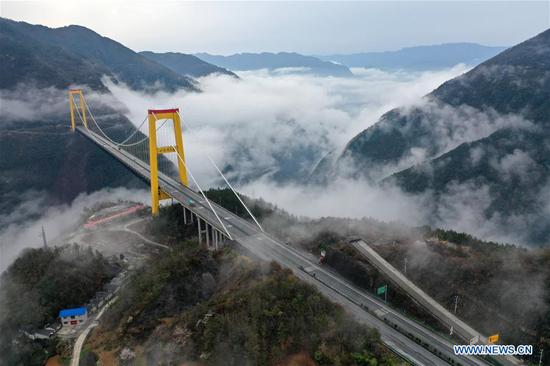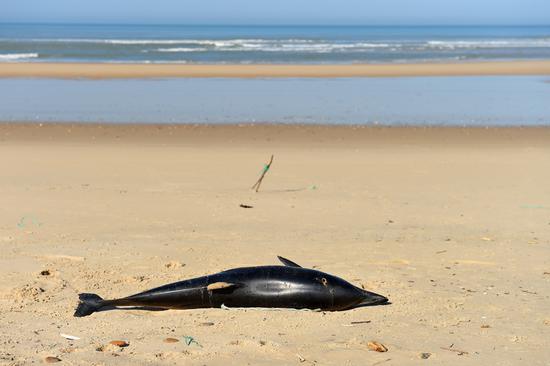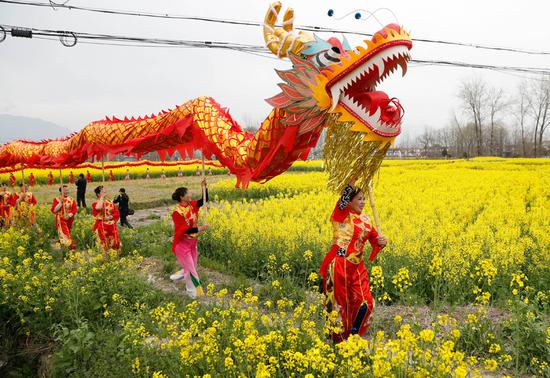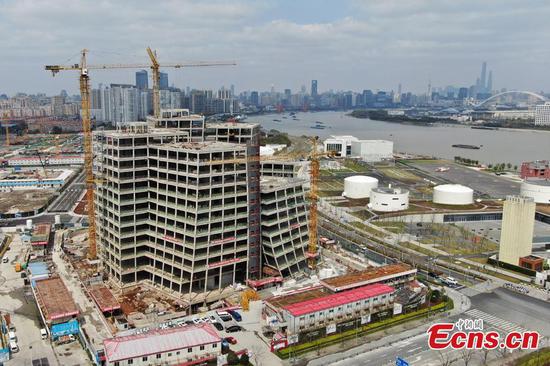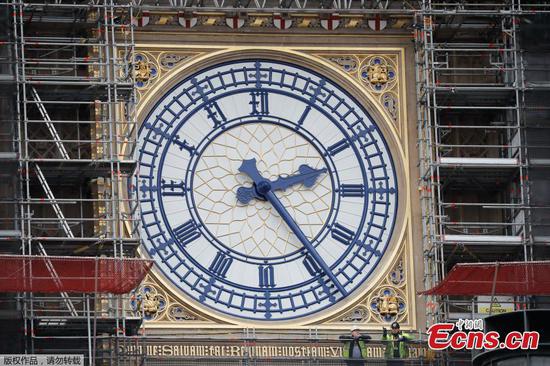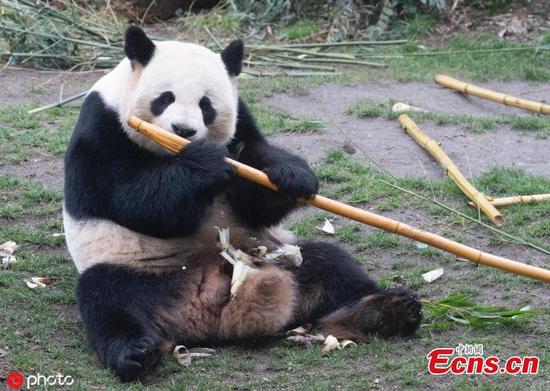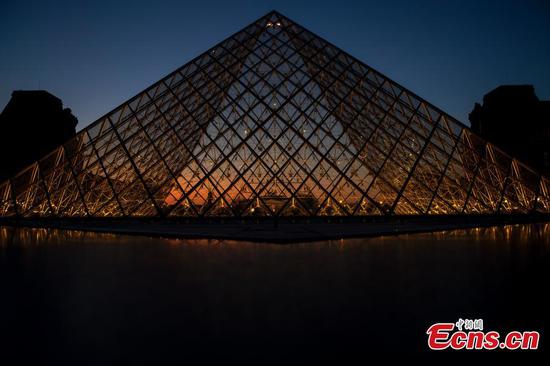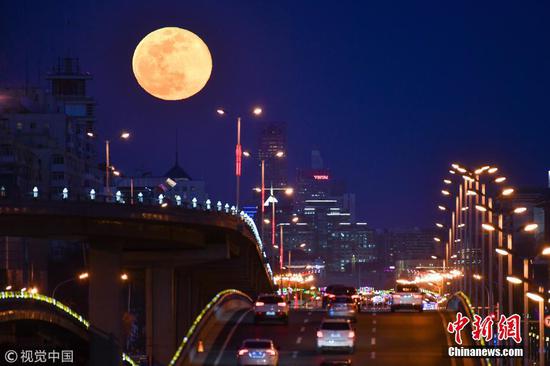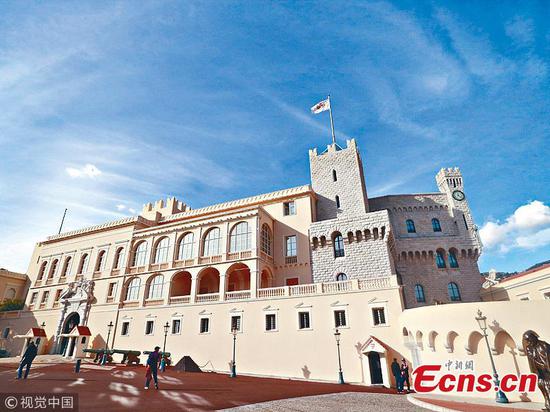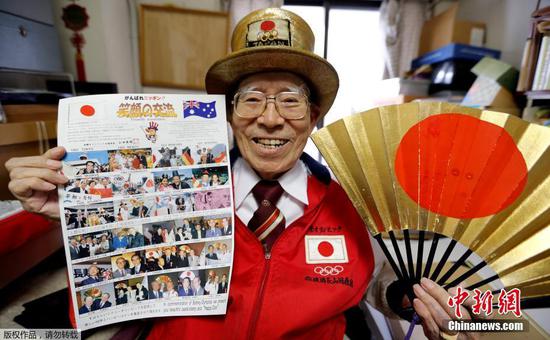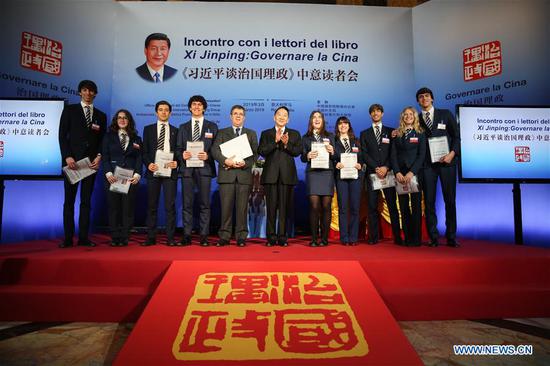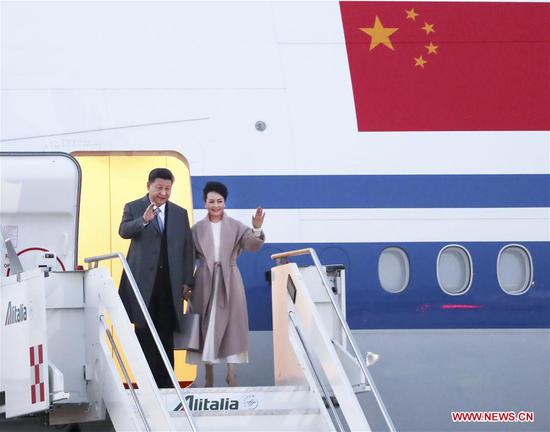FM praises SK experts' rational, objective view
China is willing to work together with South Korea to strengthen cooperation in the field of improving air quality, jointly seek solutions to haze issue and make contributions to improve environmental quality of the two countries, Foreign Ministry spokesman Geng Shuang said on Monday.
The remarks came after local expert said that poor air quality in South Korea was related to the country's wide usage of boiler, therefore, China is not the chief contributor to the haze problem in South Korea.
Geng praised South Korean experts' views as rational and objective.
The Seoul mayor said in January that research papers from municipal and South Korean laboratories said that around 50 to 60 percent of fine dust over the country was from China, Yonhap News Agency reported.
"With regard to the issue whether China's air pollution will affect South Korea, Chinese environmental authorities and experts have given professional and detailed suggestion before," Geng said.
"Instead of pointing figures at each other, both sides should come up with a better way to tackle the haze issue. After all, a win-win situation is the best result both desire to see," Ma Jun, director of Beijing-based Institute of Public and Environmental Affairs, told the Global Times.
Echoing Ma, Zhao Zhangyuan, researcher with the Chinese Research Academy of Environmental Sciences, said that "China and South Korea have much to learn from each other, and there is more potential for cooperation in the field, as both have similar geographic backgrounds and governance ideas."
The researcher also said that the building of a joint early-warning system on haze would be conducive to both sides.
The degree of air pollution in South Korea in the 1970s and 1980s was much more serious than it is now. In 1986, the annual average PM2.5 volume of Seoul was four times that of the current one. It was gradually reduced after the Olympic Games in 1988. Since 2015, the South Korean government officially monitored the PM2.5 volume, with an average of 23 in the year and 25 and 23 in 2017 and 2018, respectively, according to an expert on air pollution in South Korea, media reported.
Ma said that Beijing's PM2.5 volume has greatly reduced from 89.5 in 2013 to 51 in 2018, a great stride by China in the past five years.
Geng also said at the conference that Sino-Korean environmental exchanges had always been an important part of the bilateral cooperation. The two countries' environmental departments have conducted in-depth exchanges on air pollution prevention, including creating a research work group on air quality, as well as signing relevant work plans.
Some Korean experts recently called on the local government to persuade citizens to participate in carbon emission reduction and supervise enterprises to limit pollutant emissions, Seoul Economic Daily reported on Saturday.
"In the developed economies such as Europe, the U.S. and Japan, a large number of top brands will conduct a stricter check on suppliers' environmental awareness, so as to create a sound green industry chain," Ma said.
He noted that Samsung represents one of the few brands in South Korea to make a similar move.









